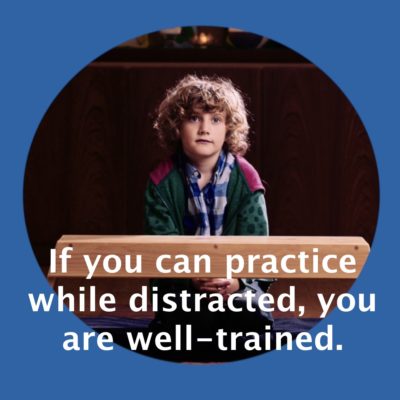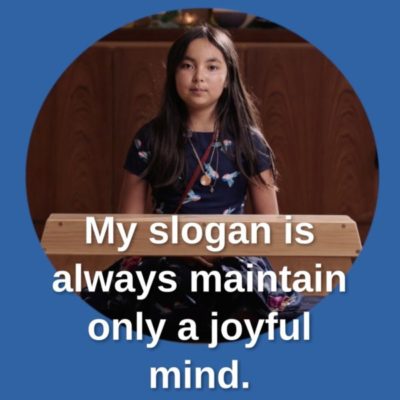Guidance for Raising Children with Dharma
A variety of resources to help raise children with Dharma in mind, from the perspective of teachers of the three main Buddhist traditions.
Buddhist Ebooks for Children on Buddhanet
Buddhanet is a website dedicated to making the Buddha's teachings freely available to all. This is a valuable collection of freely downloadable children's ebooks in pdf format.
Lojong Slogan #22: If You Can Practice While Distracted, You Are Well Trained
A short video of a student explaining what this mind-training slogan by Atisha means to him.
Lojong Slogan #34: Don’t transfer the ox’s load to the cow
A short video of a student explaining what this mind-training slogan by Atisha means to her.
Students explaining Atisha’s Mind-Training Slogans (Index)
An index of videos students from the Middle Way School have made, explaining Atisha's Lojong (mind-training) slogans. More are coming!
Lojong Slogan #21: Always maintain a joyful mind
A short video of a student explaining what this mind-training slogan by Atisha means to her.
Lojong Slogan #36: Don’t act with a twist
A short video of a student explaining what this mind-training slogan by Atisha means to him.
Tea Parties
Hosting tea parties is a fun way to engage children in the practice of serving and being served. This role-playing activity does require quite a bit of preparation and a minimum of 2 teachers/guides.
Lojong Slogan #20: Of the two witnesses…
A short video of a fourth grader explaining what this mind-training slogan by Atisha means to him.
Lojong Slogan #32: Don’t Wait in Ambush
A short video of a sixth grader explaining what this mind-training slogan by Atisha means to her.










